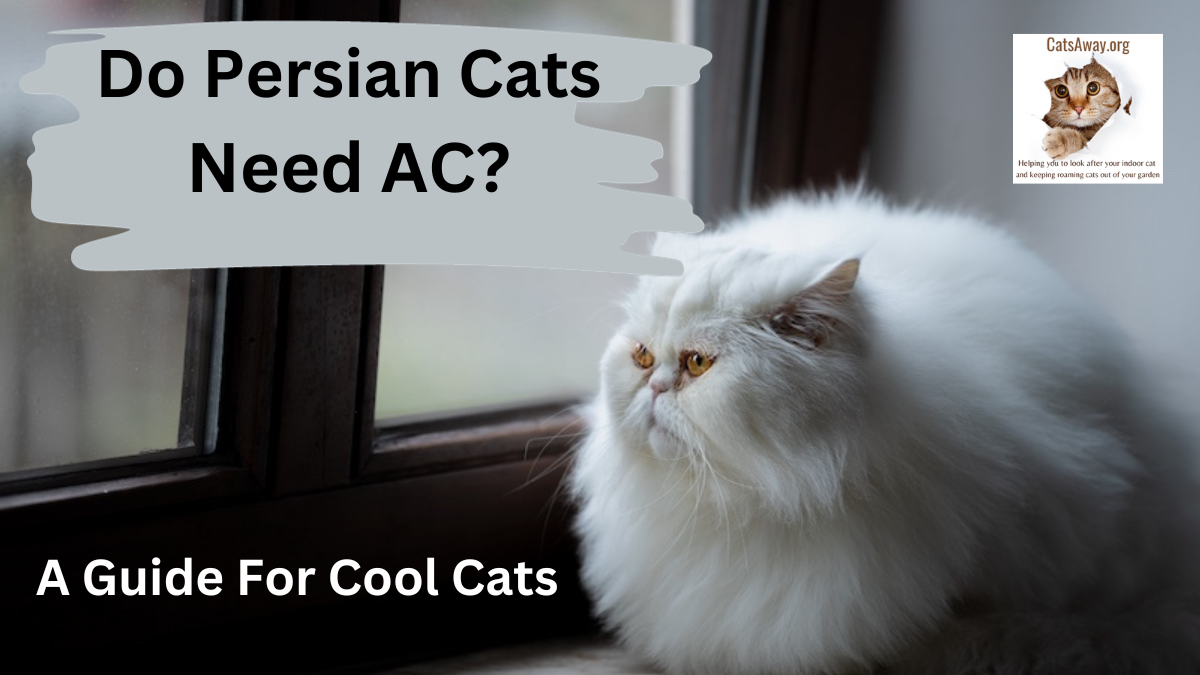As cat owners, it’s important to understand your feline friend’s behavior to ensure a healthy and happy relationship. At times, you may wonder if your cat is showing signs of dislike or even hatred towards you.
In this article, we will be discussing 7 creepy signs that can indicate your cat may not be too fond of you. It’s essential to recognize these signs, as they provide valuable insights into your cat’s feelings and can help you adjust your approach to your pet to improve your bond.
Understanding Cat Behavior

As a cat owner, you already know that cats can be mysterious creatures. Even with their unique personalities, certain behaviors could indicate their feelings toward you.
With most cats, aggression can often be a sign of negative emotions. To better understand your feline friend, it’s helpful to consult an professional animal behaviorist.
Bear in mind that cat behavior can change over time, especially as kittens grow into adulthood. Pay attention to their environment and interactions with you to determine if their actions reflect hate or just normal cat quirks.
As much as aggression can indicate negative feelings, showing affection doesn’t always mean your cat loves you unconditionally. It’s important not to mistake affectionate actions for unequivocal adoration.
In the end, communication and understanding will be crucial in deciphering your cat’s behavior. Observe their actions, ask experts when needed, and remember that no two cats are exactly the same.
Signs of Dislike: Aggression and Defensive Behavior

Hissing and Biting
Domestic cats can show their dislike by displaying aggressive behaviors like hissing and biting. When your cat hisses, it’s a clear sign of fear or irritation. Biting is another way cats express their discontent as well.
Scratching and Lashing Out
In addition to biting, cats may also scratch to ward off threats. If you notice your cat scratching you more than usual, it might be a sign of dislike. Lashing out with their claws can also be a reaction to stress or feeling threatened.
Staring and Offensive Aggression
Cats staring directly at you with constricted pupils could indicate offensive aggression. This behavior might be accompanied by growls or howls, further emphasizing their displeasure. Be mindful of their body language and give them space when needed.
Signs Your Cat Hates You: Avoidance and Fear

Hiding and Solitary Behavior
Cats may exhibit hiding and solitary behavior when they dislike you. Pay attention if your feline friend consistently stays away from you.
Avoidance of Personal Space
If your cat avoids your personal space, it’s another sign they might not like you. Watch for signs of fear, such as a lowered or puffed-up cat’s tail.
Negative Reactance: Food and Toy Preferences

Ignoring Food Offerings
Sometimes, when you offer food to your cat, they might completely ignore it. This could be a sign that your cat is unhappy or displeased with you. However, make sure to rule out any other reasons for their lack of interest, such as health issues or picky eating habits. If he’s on wet food for example, try him on some dry food just to rule out the fact he may just want a change.
No Interest in Toys
Similarly, your cat may show no interest in playing with their favorite toys. This may indicate that they are unhappy with you. Remember that cats can have preferences too, so try offering a variety of toys to see if their attitude changes.
Medical Concerns and Stress-Related Behaviors

Uncomfortable Behaviour due to Medical Issues
Sometimes, your cat’s behavior may indicate an underlying medical issue. In this case, it’s crucial to consult a veterinarian. Uncomfortable behaviors could include excessive grooming, vocalization, or hiding.
Your cat may also display other signs of discomfort such as trembling, pacing, or decreased appetite. Make sure to pay attention to these signals and seek professional help if needed.
Anxious Behaviour signaling Stress
On the other hand, your cat might showcase signs of stress. Typical examples include hypervigilance, inappropriate urination, restlessness, or unusual aggression.
Your cat’s anxiety can stem from various factors, like changes in routine or feelings of boredom. It’s important to identify and address these stressors to ensure your cat’s well-being. Have you moved his litter box?
Cats like to do their business in private so he may not take kindly to his litter tray being moved.
What about his food bowl? Again, cats are creatures of habit and he could be anxious due to it being moved.
Remember, a healthy and happy cat makes for a stronger bond between you and your furry friend.
Consulting a Veterinarian or Professional Behaviorist

When your cat starts showing creepy signs that it hates you, it’s time to look for help. A veterinarian or professional animal behaviorist can provide expert advice to pet owners on how to deal with the situation.
Your first step should be to consult your veterinarian. They can rule out any physical health issues that might be causing your cat to act strangely. An unhappy cat could actually be facing health problems instead of hating you.
Once medical issues are ruled out, a professional animal behaviorist can offer assistance. They are well-versed in feline body language and behavior patterns. These experts can spot the tell-tale signs and identify the root cause of your cat’s hostility and teach you strategies to improve your relationship.
Make sure you provide as much information as possible about youcat’s behavior. Take note of when and where their aggressive behavior occurs. This will help the experts determine if the issue is due to environment, interaction, or other factors.
Don’t be afraid to seek help as soon as possible. Addressing the problem early can prevent additional difficulties and help restore a loving bond between you and your cat. However, be patient and remember that improving relations may take time and effort.
Frequently Asked Questions

What are some signs that my cat dislikes me?
Your cat may hiss, growl, or bite, which are clear indications of displeasure. They might also show signs of aggression by staring offensively.
Why might my cat dislike me all of a sudden?
Cats can become stressed or fearful due to sudden changes. It’s possible that a recent alteration in your cat’s surroundings is causing their behavior to change. It could be something as simple as a new washing machine that produces noises your cat doesn’t like.
How can I tell if my cat doesn’t want to be pet?
Observe for subtle facial expressions such as flattening their ears, flicking their tail, or attempting to move away from you. To avoid making your cat uncomfortable, respect these signals and give them space.
How do I earn my cat’s trust?
Spend quality time interacting with your cat, providing treats, and playing with them. Consistent, positive interactions will help to build a strong bond and earn their trust. Show some patience and eventually he’ll become your best friend.
Am I being a bad cat owner?
Not necessarily! Sometimes misunderstandings or miscommunications can strain your relationship with your cat. Try to educate yourself more about your cat’s needs and behaviors to become the best cat owner you can be.
How can I improve my relationship with my cat?
Prioritize spending time with your cat and understanding their unique personality. Engage in activities they enjoy, provide a comfortable environment, and always treat them with love and patience.






